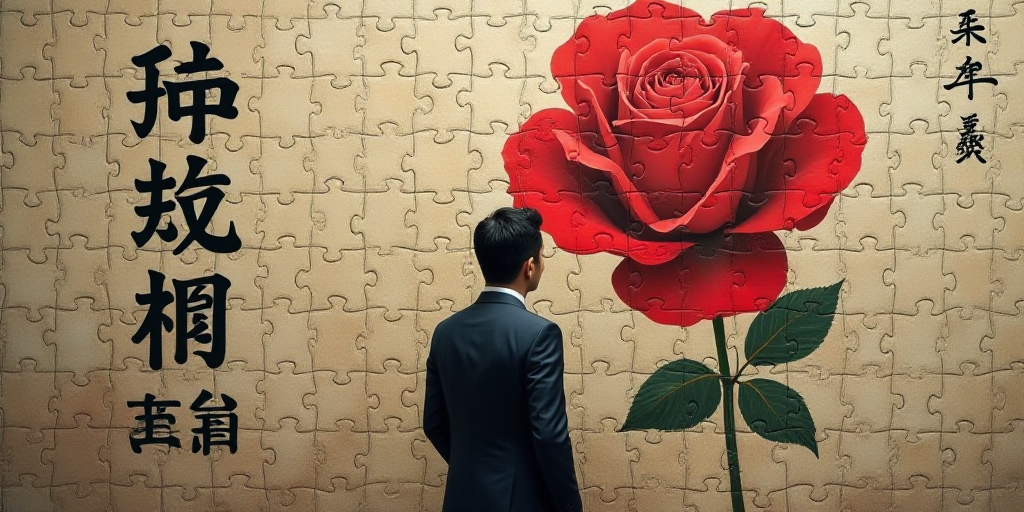Background on Shigeru Ishiba and His Political Significance
Shigeru Ishiba, the current Prime Minister of Japan, is holding onto his position following a significant electoral setback for his governing coalition in the upper house of Parliament. The defeat occurred just months after Ishiba’s coalition lost its majority in the lower house, which holds greater legislative power. This recent loss marks the worst performance for Ishiba’s Liberal Democratic Party (LDP) in 15 years.
The Election Results and Their Implications
The LDP, along with its junior partner Komeito, needed to secure 50 out of the 125 contested seats in Sunday’s election for the upper house. However, they only managed to win 47 seats, according to Japan’s national broadcaster NHK. The upper house comprises a total of 248 seats, with the LDP and Komeito now holding 122.
Voters frustrated with rising inflation opted for alternative parties, notably Sanseito, whose “Japan First” slogan echoes the rhetoric of former U.S. President Donald Trump. Sanseito, a nationalist right-wing party, secured 14 seats in the upper house.
The Road Ahead for Prime Minister Ishiba
Ishiba’s grip on power was tested when he was asked on Sunday night if he intended to remain in office. He reportedly responded, “Yes.” It is anticipated that the Prime Minister will inform high-ranking members of his party about his decision to stay in power, as reported by Jiji Press.
However, political analysts predict that Ishiba may be compelled to step down, though it remains unclear who would replace him. Hidehiro Yamamoto, a political science and sociology professor at Tsukuba University, told AFP, “Ishiba could be replaced, but it’s unclear who his successor would be.”
Hiroshi Moriyama, the secretary-general of the LDP and the party’s second-in-command, emphasized the need to avoid a political vacuum.
Japan’s Economic Context and Inflation Concerns
Japan, which experienced stagnant or declining prices for years, has recently faced rising inflation following Russia’s invasion of Ukraine in 2022. Among the most impactful price increases are those of rice, which have doubled in cost. This has strained the budgets of numerous households.
Key Questions and Answers
- Who is Shigeru Ishiba? Shigeru Ishiba is the current Prime Minister of Japan.
- What is the significance of the recent election results? Ishiba’s governing coalition lost its majority in the upper house of Parliament, marking the worst performance for the LDP in 15 years.
- Why did voters choose alternative parties? Many voters were dissatisfied with rising inflation, particularly the increase in rice prices. They opted for parties like Sanseito, which emphasized a “Japan First” agenda.
- What are the implications of Ishiba potentially stepping down? It remains unclear who would replace Ishiba, and political analysts predict he may be compelled to step down due to the electoral setback.
- What is the current economic situation in Japan? Following Russia’s invasion of Ukraine, Japan has experienced rising inflation, with a notable increase in the price of rice impacting many household budgets.






